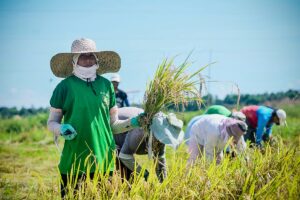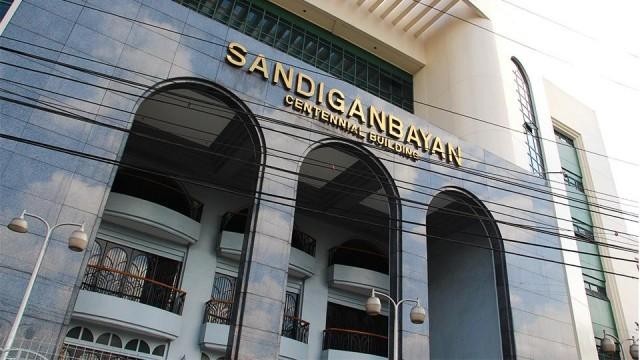The Kilusang Magbubukid ng Pilipinas (KMP) described Executive Order No. 101, signed by President Ferdinand Marcos Jr., mandating the full implementation of the Sagip Saka Act, as yet another superficial measure that fails to address the deep-rooted crisis in Philippine agriculture.
The group said the directive for direct government procurement of farm and fishery products is lacking and remains a token gesture that sidesteps the fundamental problems faced by millions of farmers and fisherfolk.
KMP argued that EO 101 merely scratches the surface of what rural producers truly need. “The order focuses narrowly on market access, reducing farmers and fisherfolk to mere suppliers in government transactions, without resolving their chronic lack of production support and subsidies, over and above the long-standing problem of landlessness, land-use conversion, and neoliberal policies that have made us import-dependent and export-oriented. “EO 101 treats farmers as mere vendors and not as main productive forces in the rural and national economy, and partners in building food self-sufficiency and national development,” said KMP Chairperson Danilo Ramos. “Malacanang’s set of EOs ignore the roots of rural poverty — landlessness, neoliberal policies that wrecked the domestic agriculture, and perennial state neglect.”
We want a clear blueprint of genuine support services in agriculture, fisheries, and rural production. Building and strengthening of peasant cooperatives, access to interest-free credit, production subsidies, debt condonations, compensation, and State-guaranteed food self-sufficiency. KMP said that none of these core elements are present in EO 101. “Farmers do not just need a buyer for their produce. They need the means to produce in the first place — control over the land, capital, equipment, insurance, protection, among others,” Ramos said. “This order fails to provide those.”
KMP also pointed out that EO 101’s treatment of cooperatives runs counter to the spirit of genuine cooperative empowerment. Under the order, cooperatives are merely accredited as suppliers to government agencies, stripped of their potential role as engines of collective production and farmer-led rural industrialization. “The danger is that the Sagip Saka program risks turning cooperatives into bureaucratic appendages rather than empowering them to lead genuine rural development.”
The group further warned that EO 101’s emphasis on procurement does not guarantee food self-sufficiency or fair pricing for staple crops. Without clear mechanisms for price stabilization, subsidies, and protection against cheap imports, KMP said, farmers will remain at the mercy of volatile markets.
“Marcos Jr. talks about food security, but genuine food security cannot exist along with liberalization policies. As long as the government continues to allow massive importation of rice and other agricultural produce, and neglect domestic production, our farmers will remain poor and dependent.”
“EO 101 is a public relations measure masquerading as response to farmers’ plea,” Ramos concluded. #




